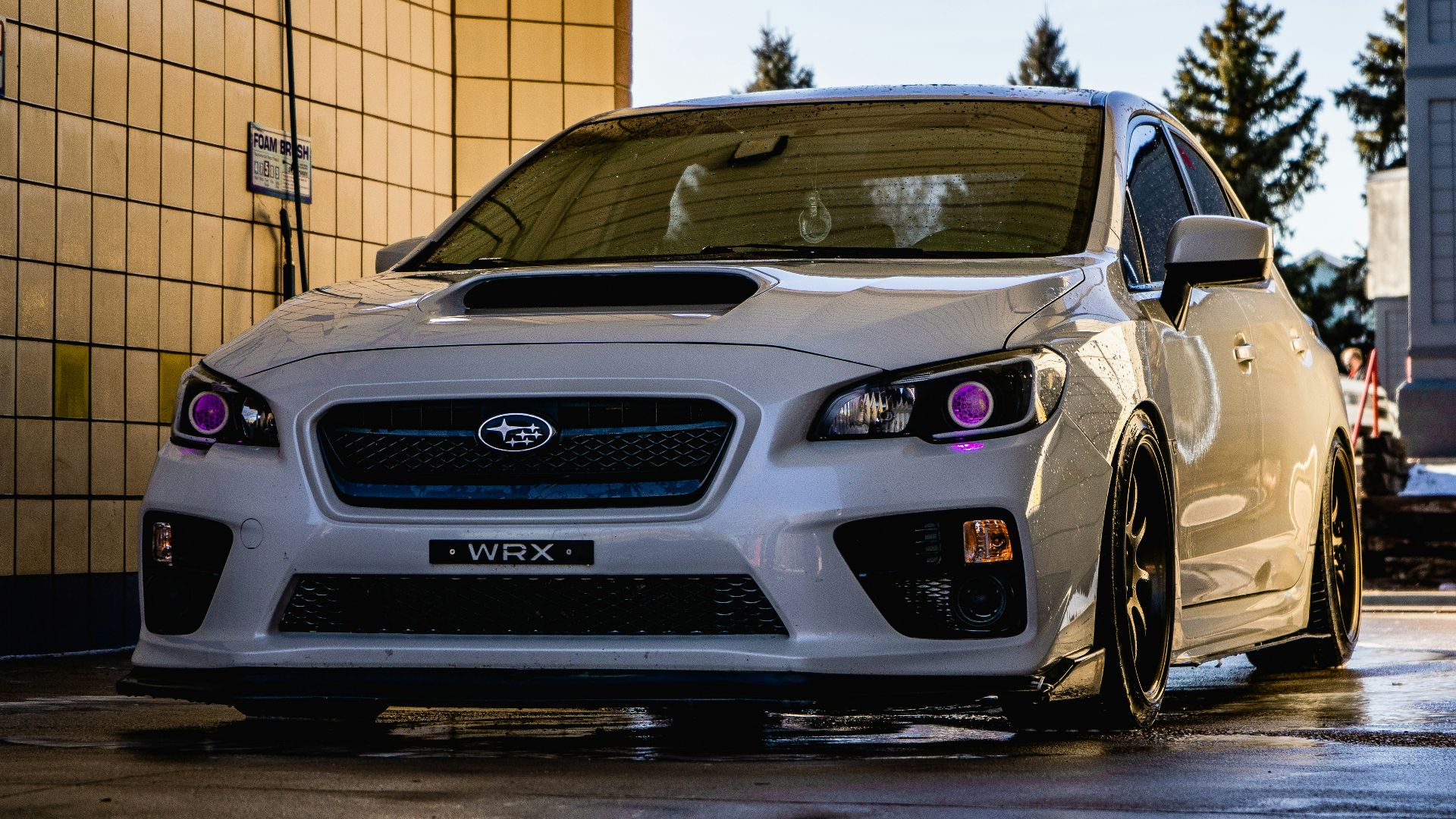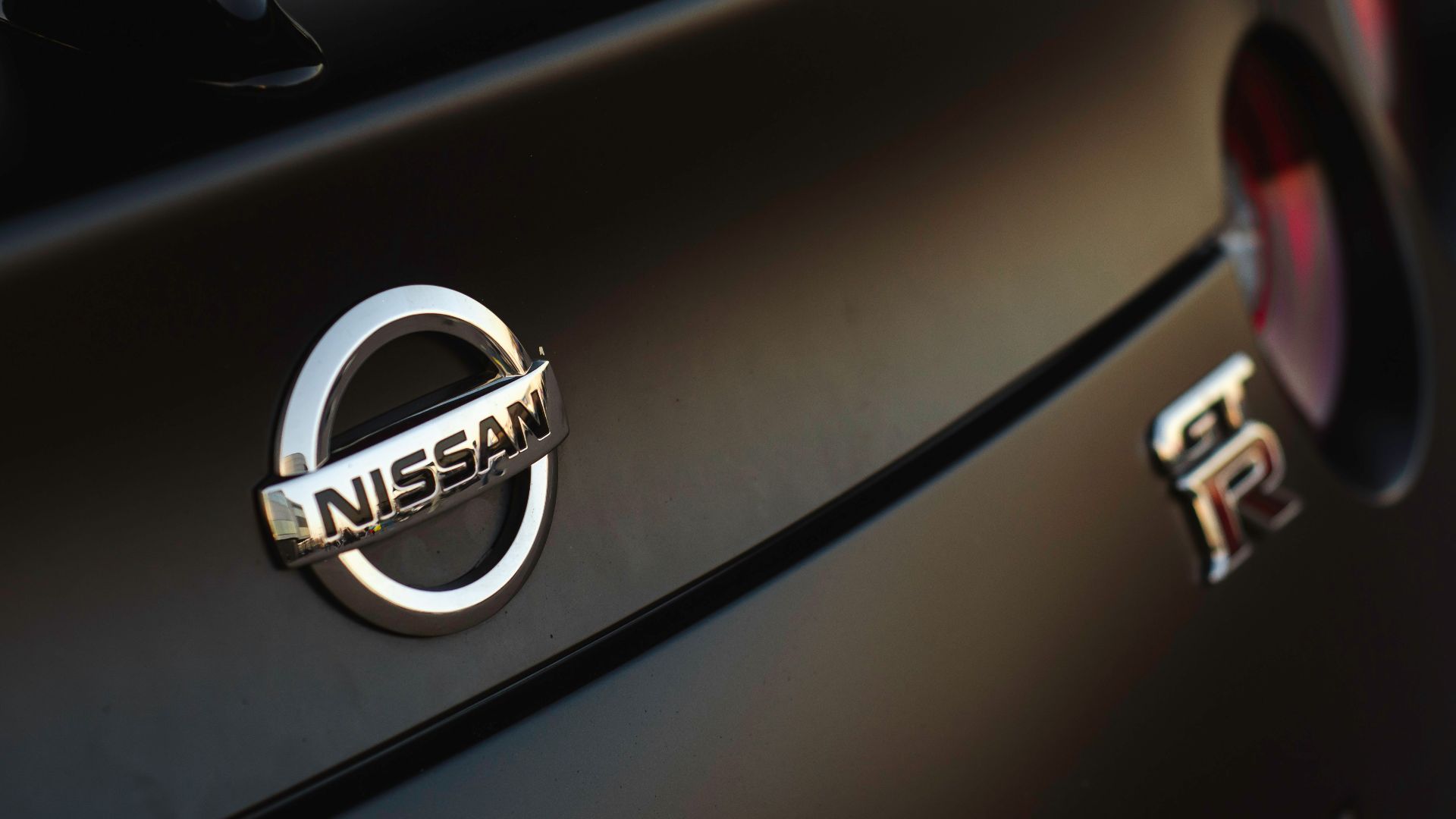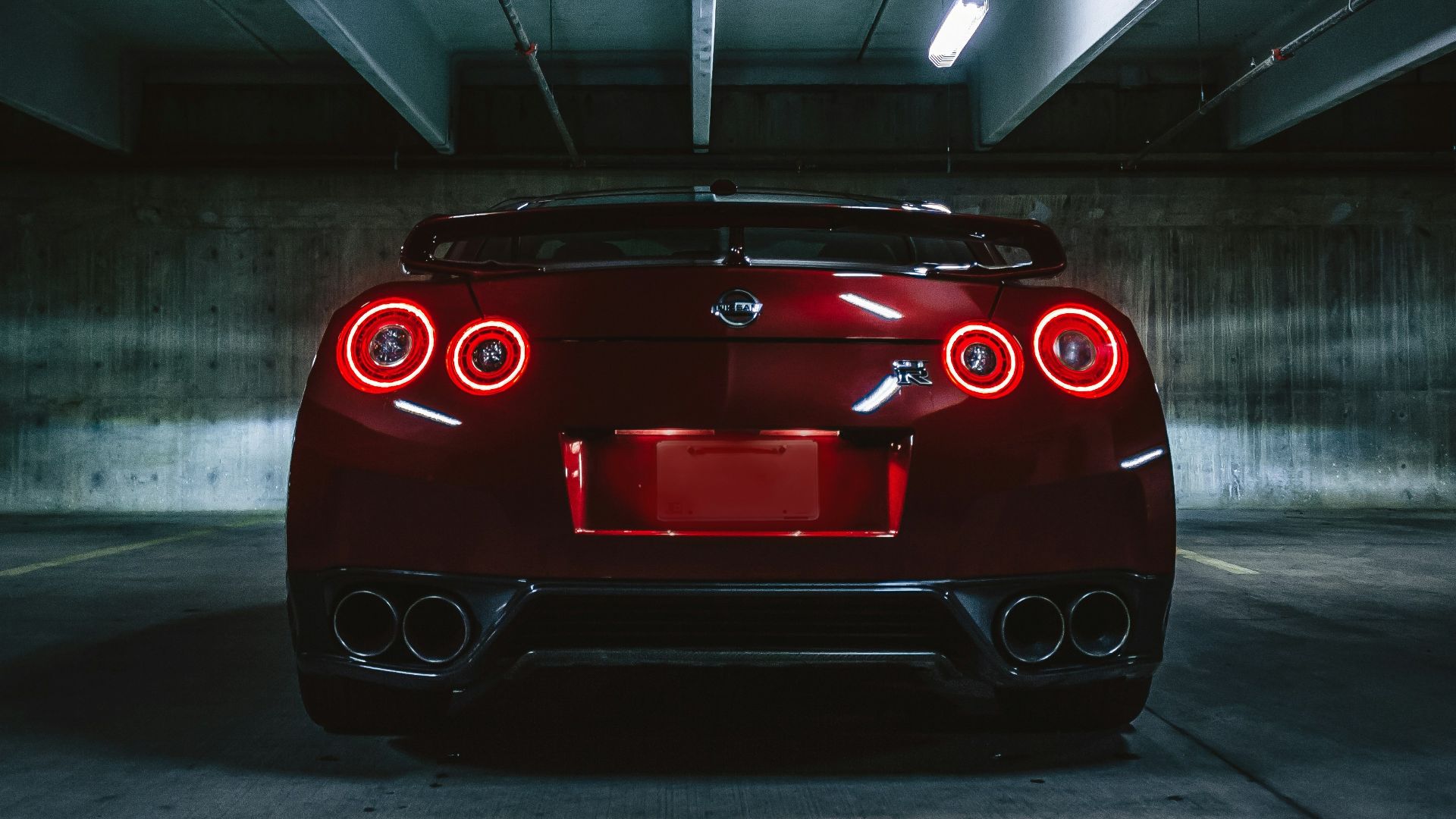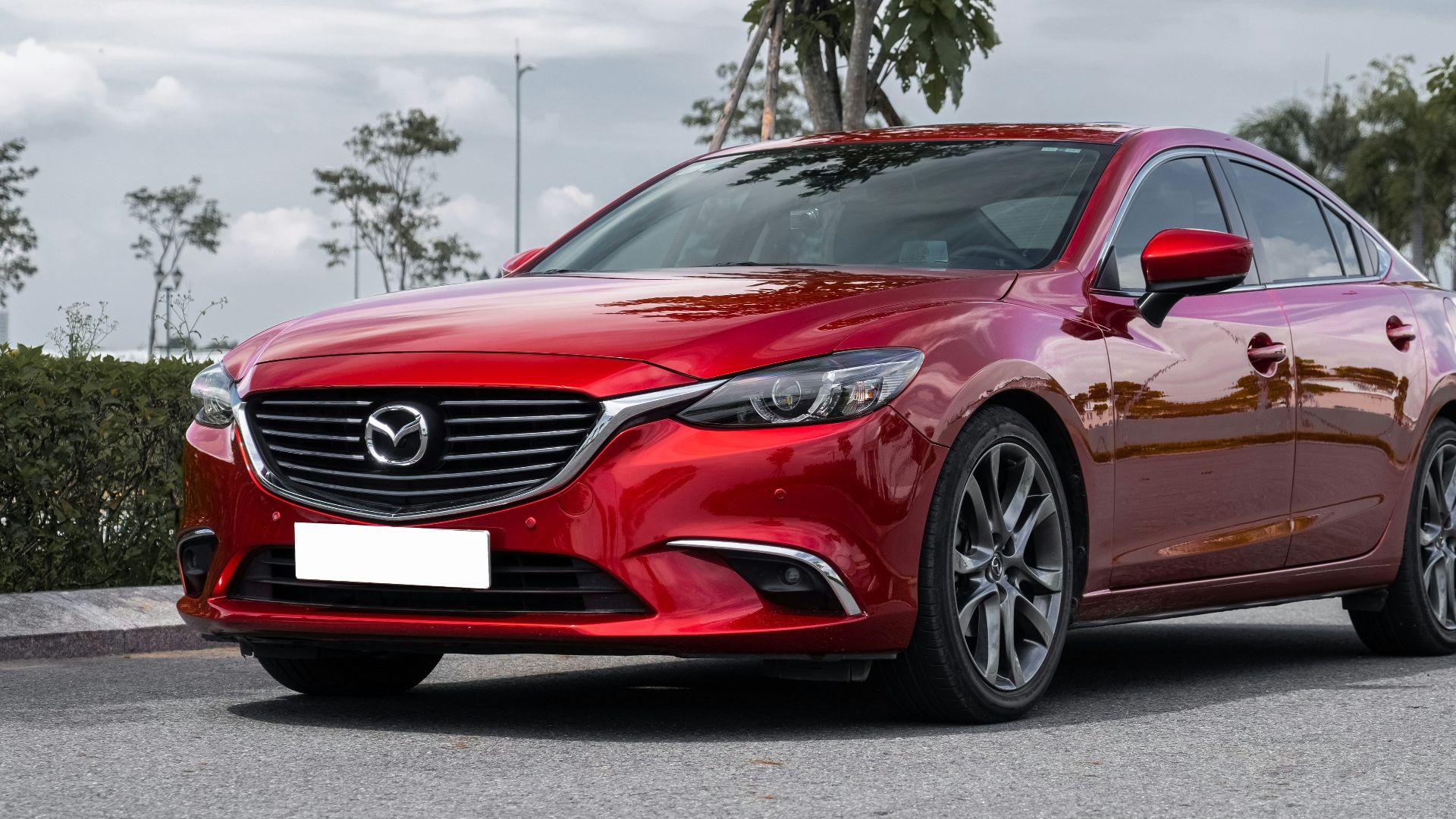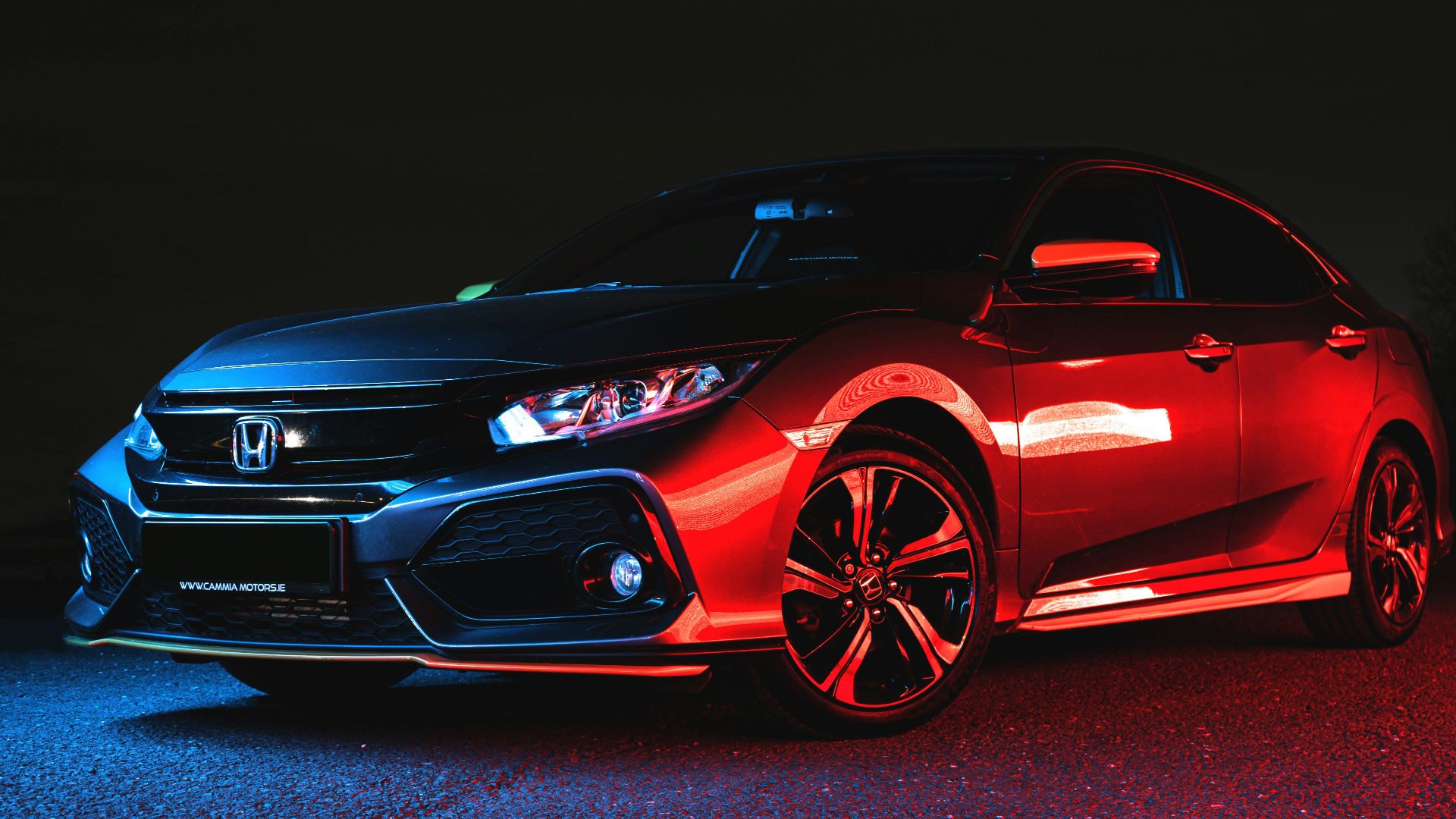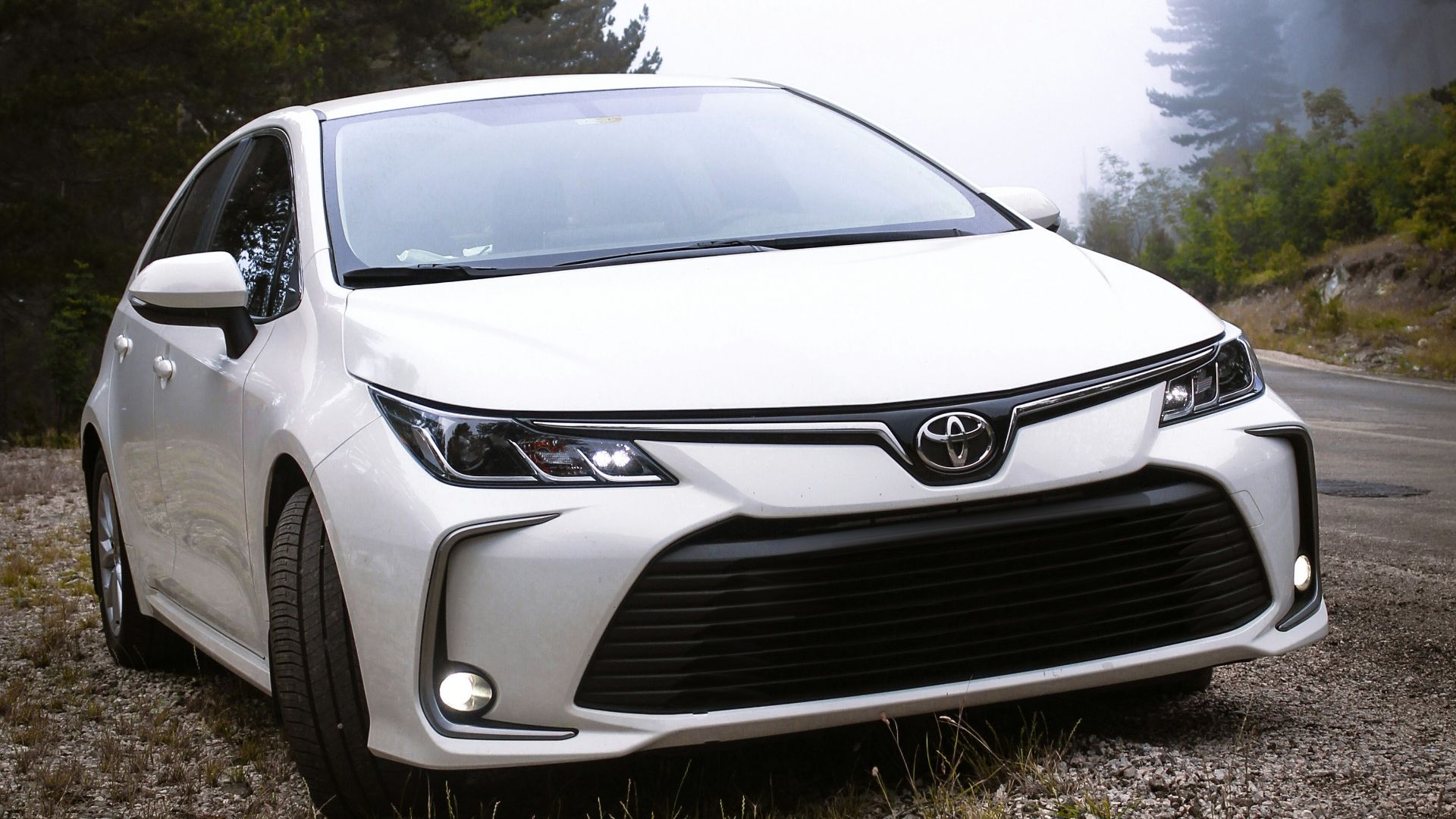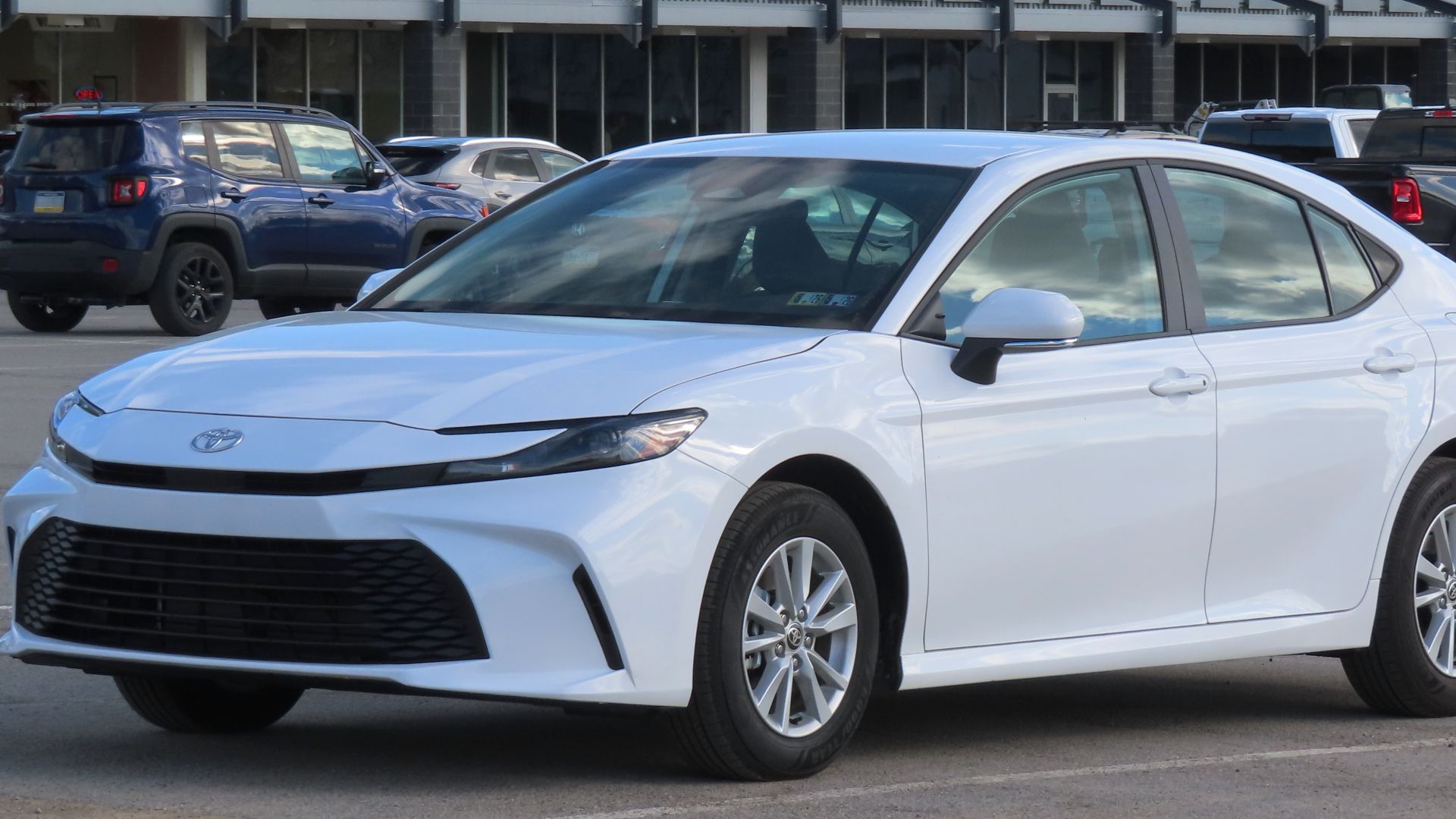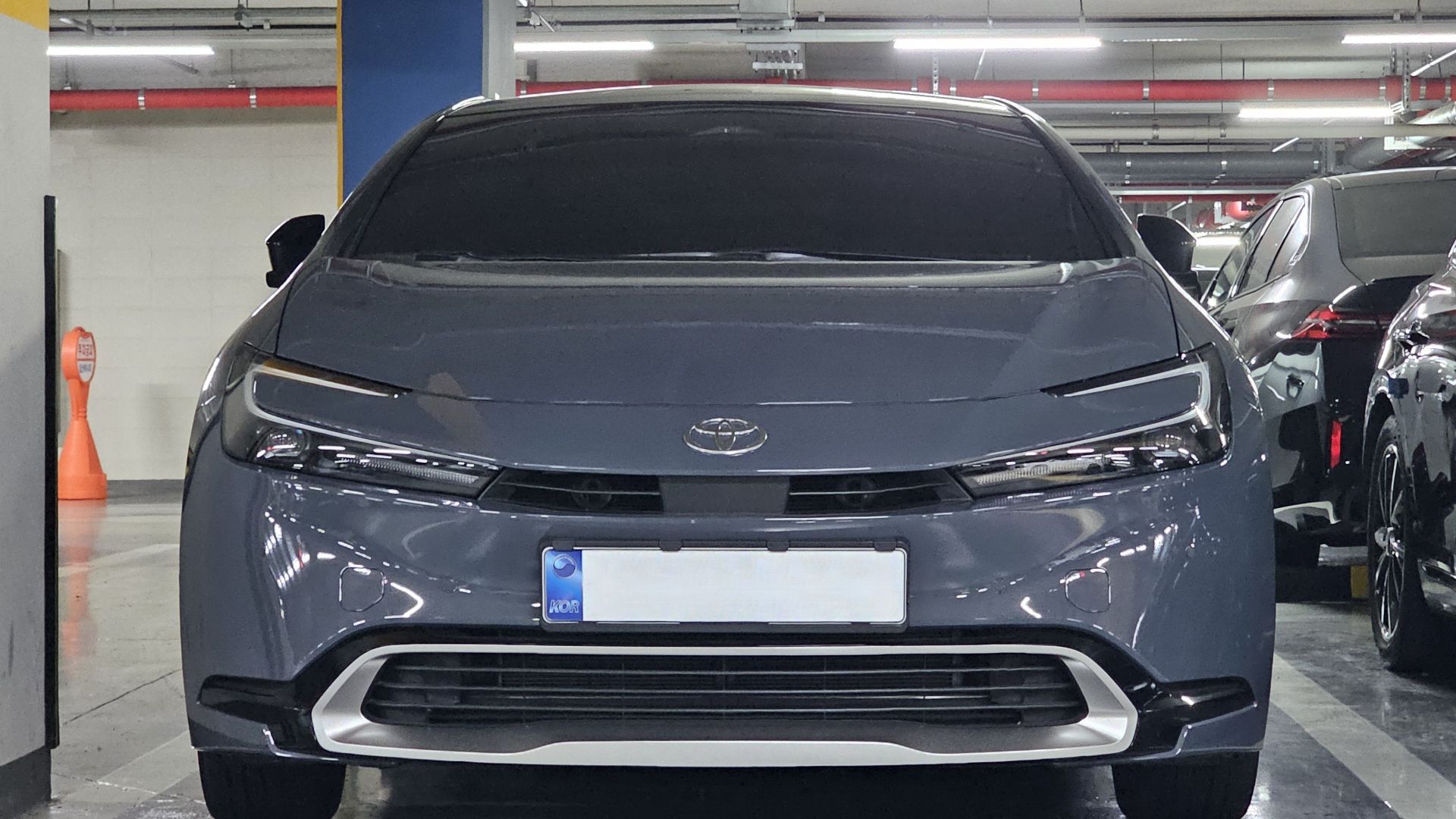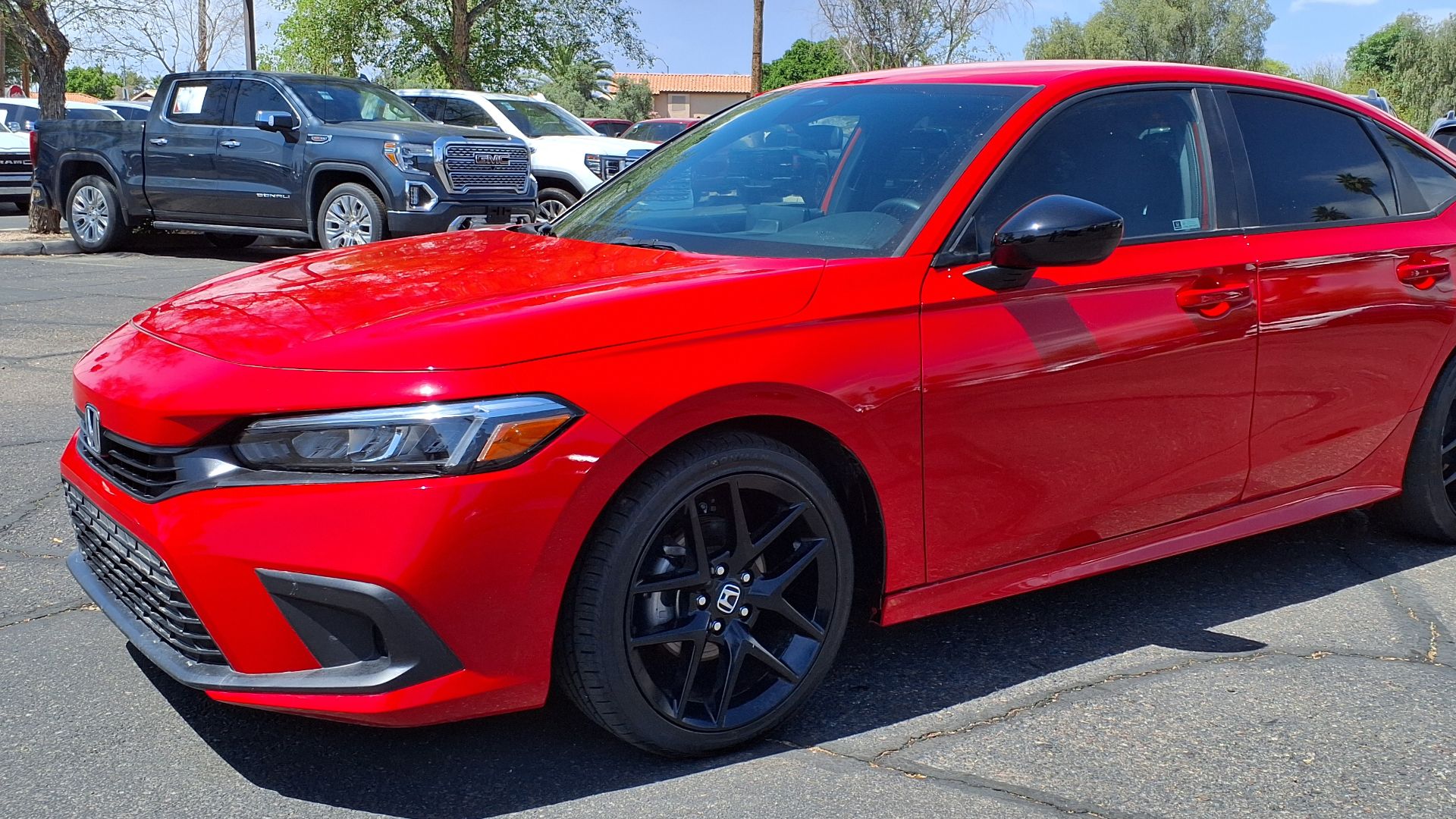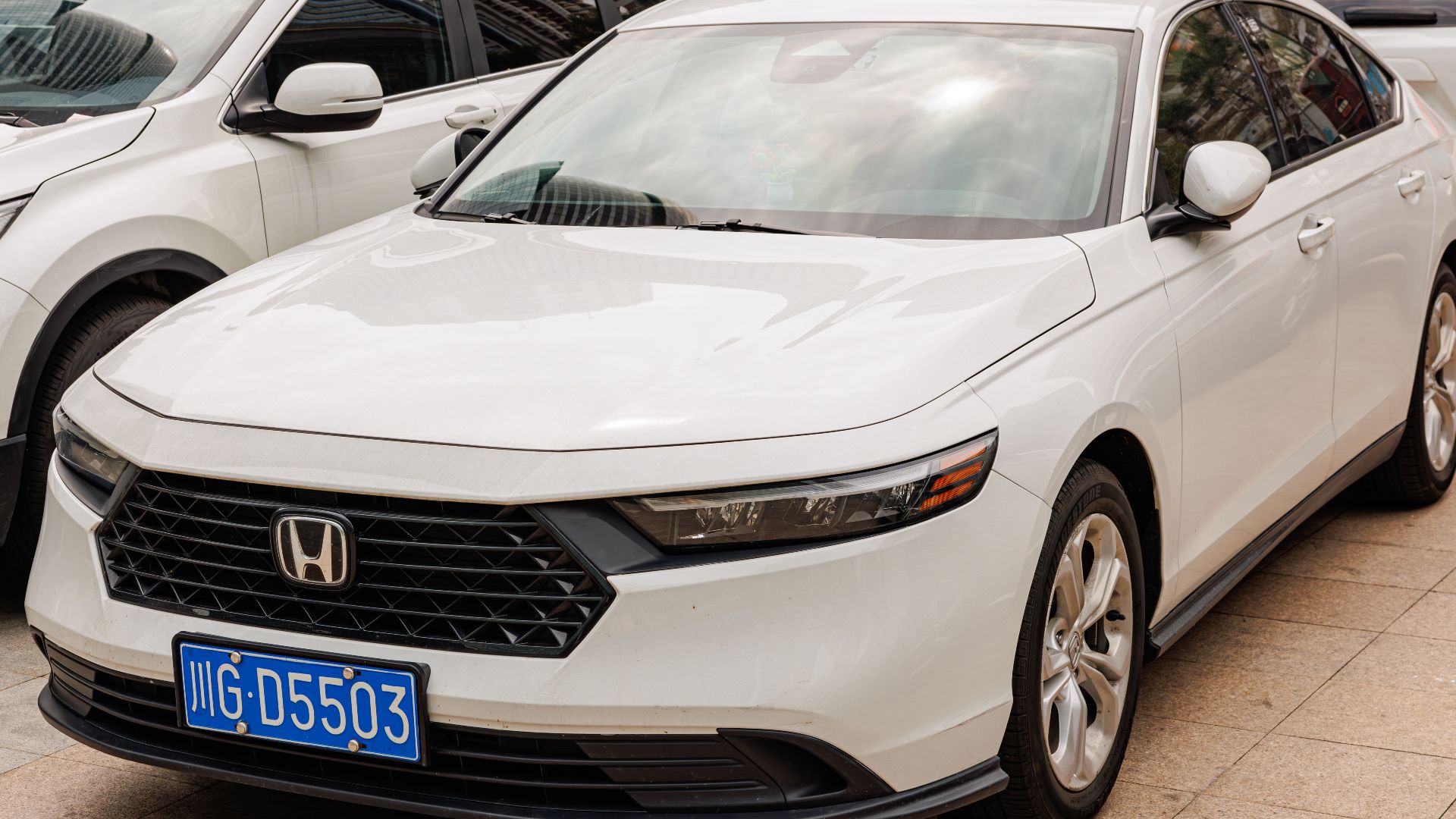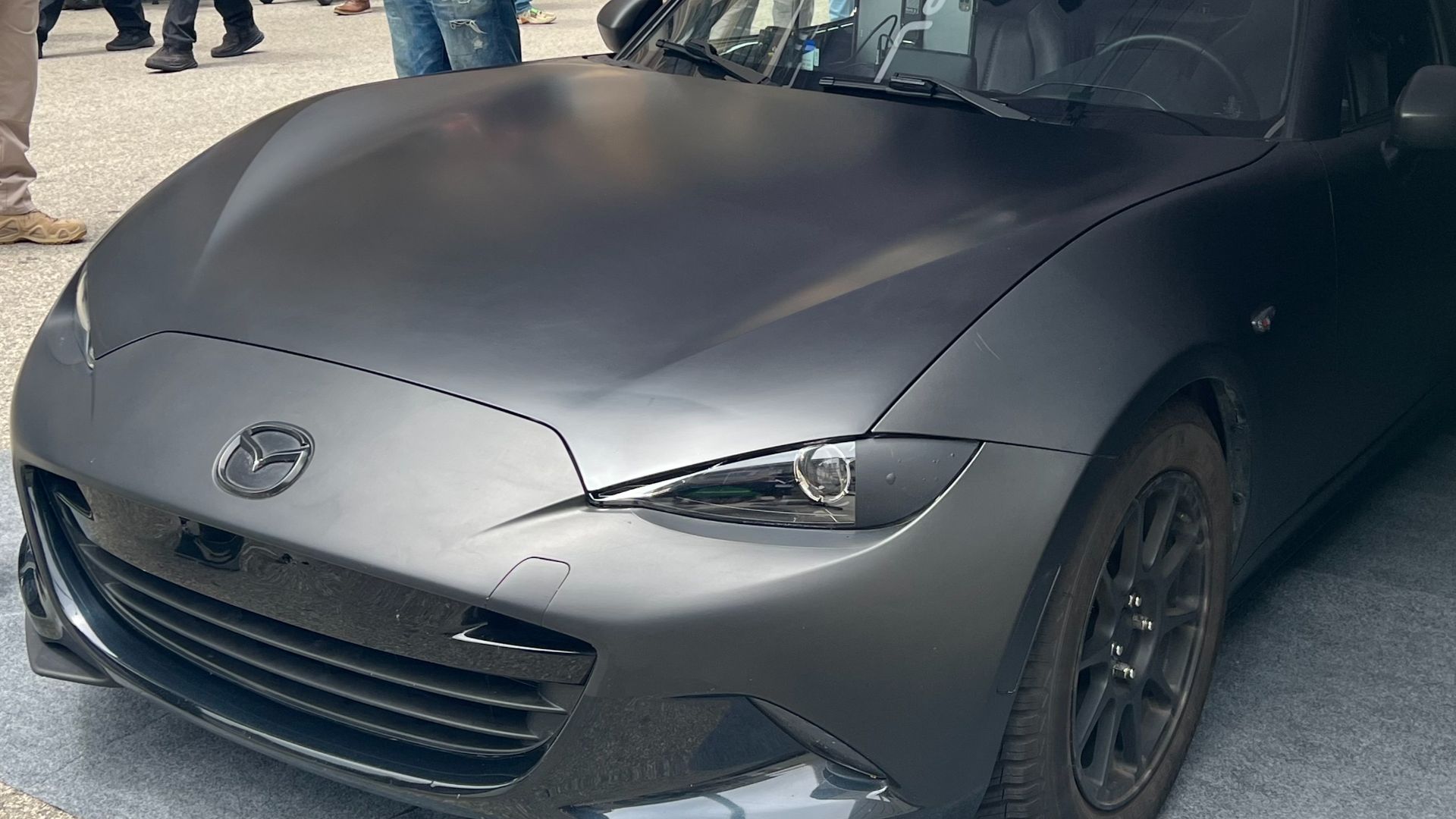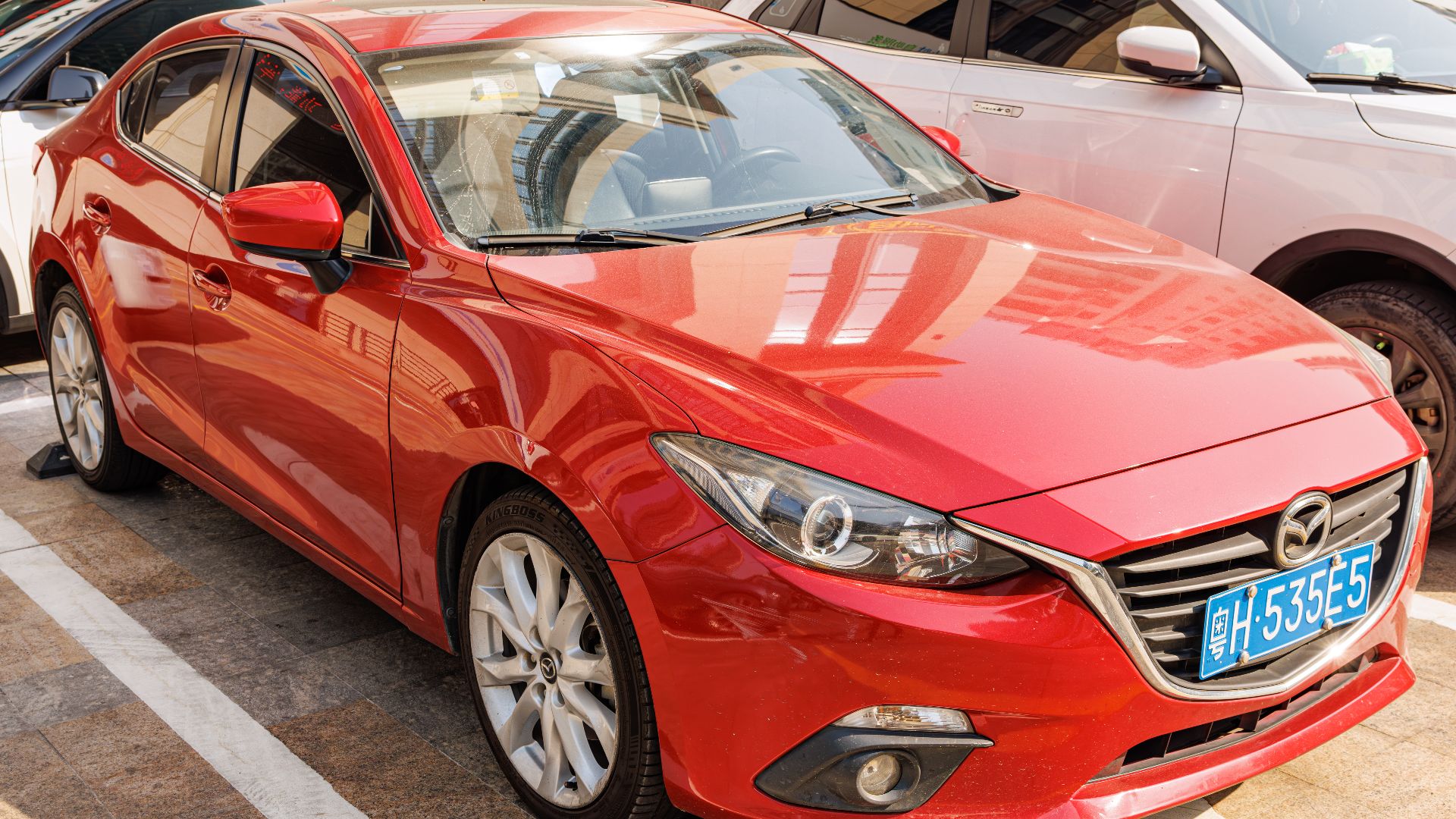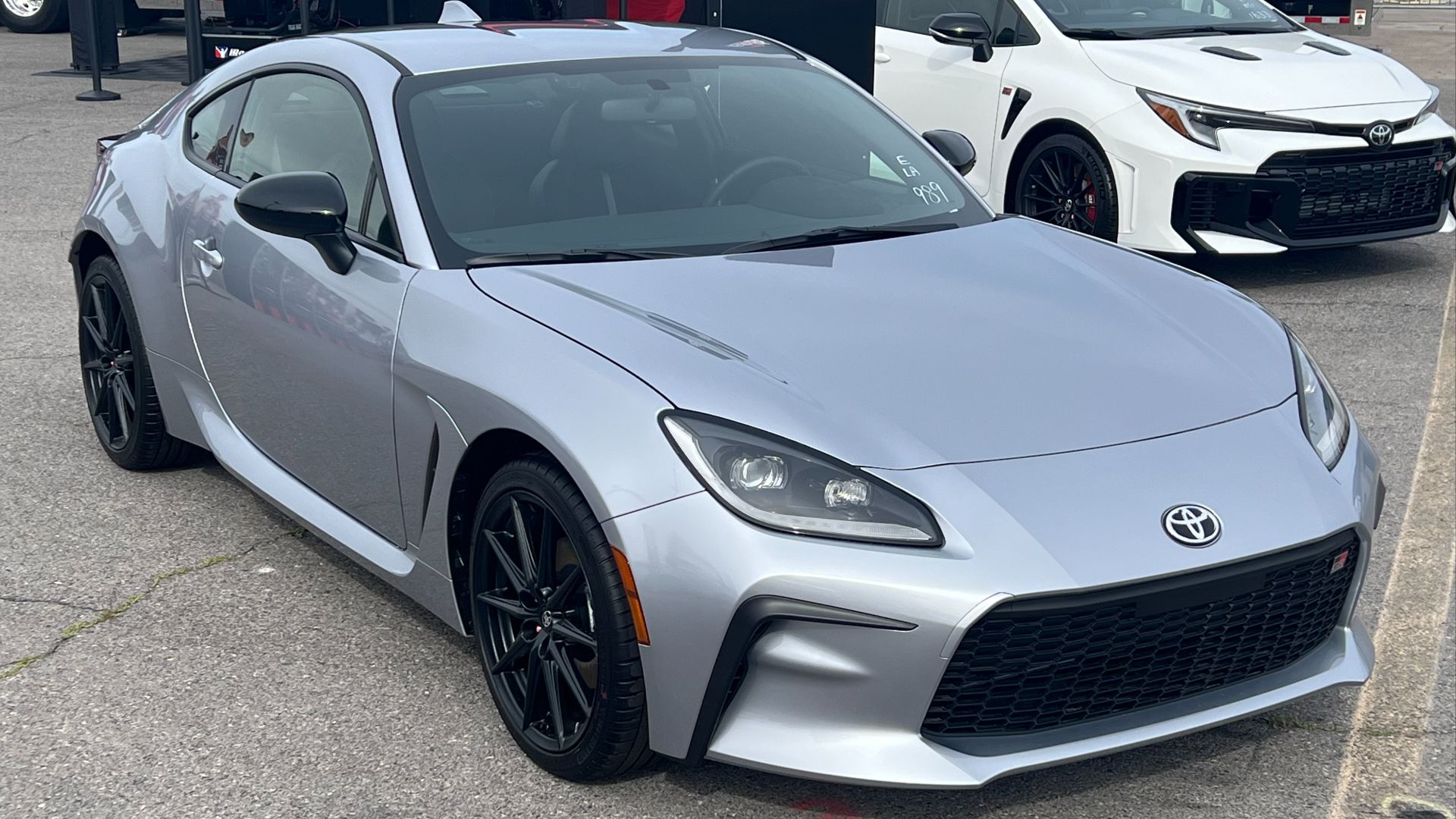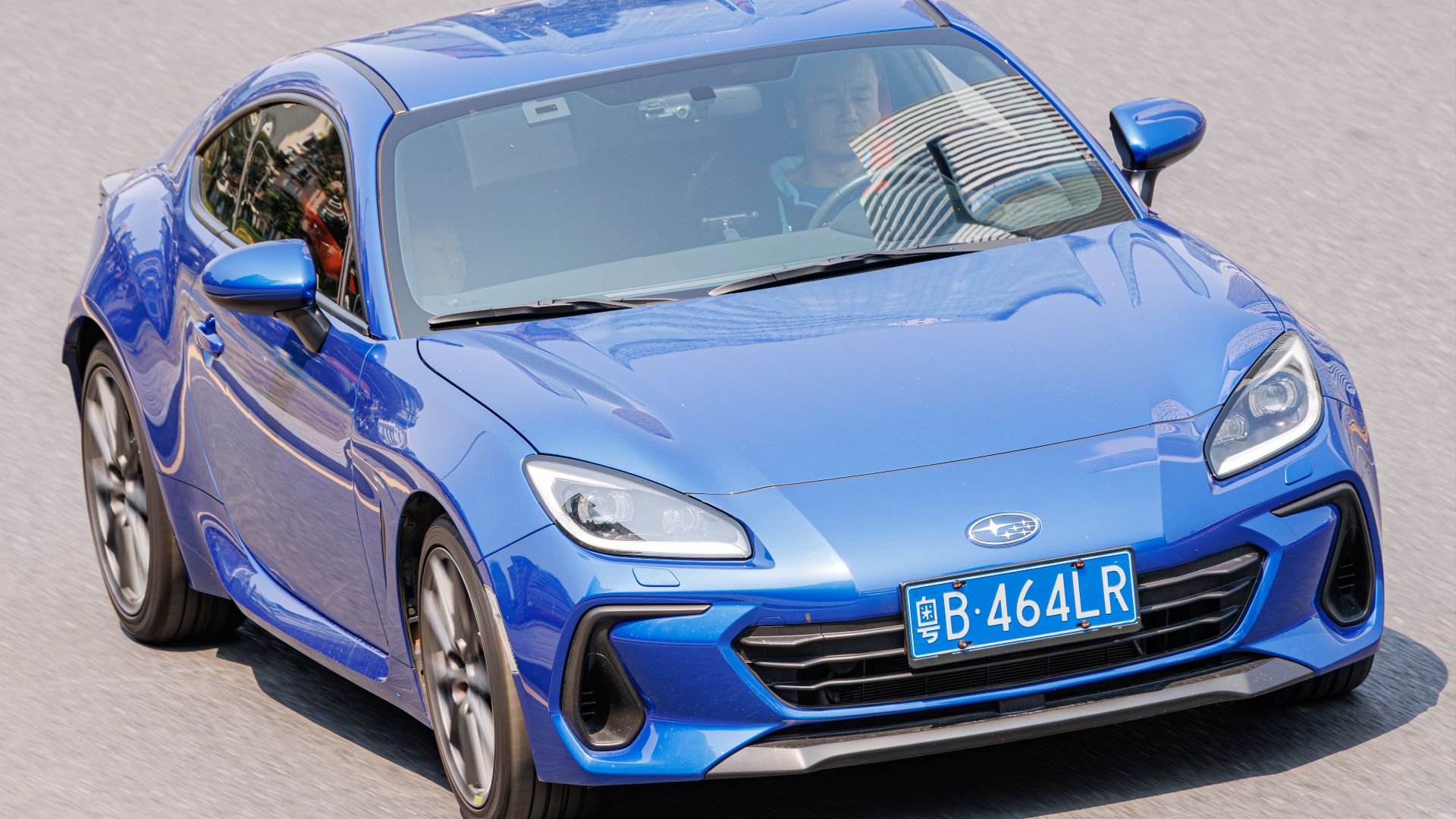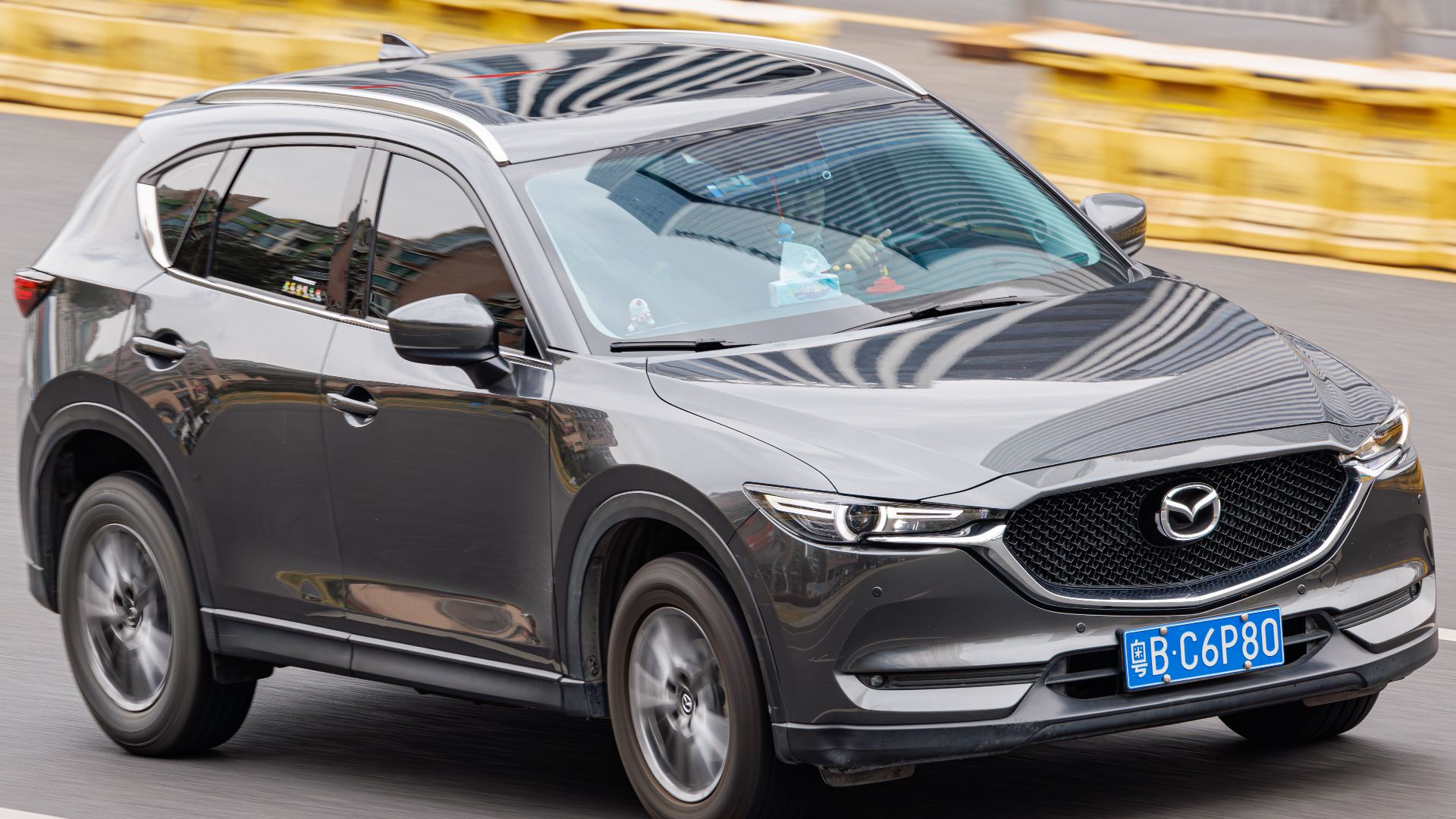Most Trusted Brands
When you’re buying a car, you know it’s a long-term investment that often depreciates. That’s why it’s essential to pick a brand that’s going to stick with you and support you through every twist and turn. With that in mind, Japanese brands like Toyota and Subaru are known to develop some of the most reliable cars on the market. If you’ve ever wondered why that is, here are several reasons to consider.
1. Straight to the Point
The Japanese take a lot of pride in their workmanship and work practices, and this is a big reason why their cars are so reliable. Toyota is famous for its Toyota Production System, which advocates for a lean process with no waste, and a longer lifespan instead of flashy updates. Japanese car brands tend to avoid following fads and trends.
2. All About Reputation
Another reason is that reputation has great value in Japanese culture, and also in Japanese business. Japanese car manufacturers care about long-term brand loyalty over a short-term gain. If they produce a faulty product, their reputation suffers.
3. Long Term Planning
Japanese car brands are more reliable, as their makers are in the business of generations, rather than years or sales quarters. Such a perspective naturally results in different kinds of decisions, ones concerned with legacy and permanence. Built with the future in mind, Japanese automobiles are more engineered to last.
4. Ease of Maintenance
Japanese car brands are well known for making vehicles that are easy to maintain and repair as part of basic functionality. Engineers in the Japanese automotive industry take care to make servicing as convenient as possible for drivers, such as making the spark plugs easy to get to. This is part of a larger effort to instill a high level of confidence in their brand.
5. Culture of Quality
Japanese car brands have the advantage of coming from a culture that prizes quality, perfection, and precision at all stages of the manufacturing process. Cars are therefore well-engineered, well-tested, and constructed to exacting standards. This means they are more durable and less likely to have defects.
6. Lean Manufacturing
One reason Japanese car brands are so reliable is that they use lean manufacturing processes. Lean manufacturing was developed in Japan and first utilized by the Toyota Production System. It's a process that optimizes efficiency, eliminates waste, and continuously improves quality throughout the entire production process.
7. Competitive Domestic Market
Japan's fiercely competitive home market means that Toyota, Honda, and Nissan have to work extremely hard just to stay ahead of each other. When there are so many alternatives to choose from, a single failure in reliability can rapidly cost manufacturers market share. A strong focus on quality and long-term reliability is therefore in the interests of all the major Japanese manufacturers.
8. High Quality Parts
Japanese car brands are better because they focus on using better parts and materials instead of only making things fast. They use a lot of parts made in Japan, and they make sure those parts are of high quality. This leads to better materials being used in their cars, which makes them last longer.
9. Rigorous Testing
Japanese brands are keen on making sure their cars can handle as many situations as possible. Every model is put to the test under extreme weather and terrain conditions. Such durability testing before market release is part of the reason for the long-term reliability of Japanese cars.
10. After-Sale Accountability
Japanese automakers are known for their emphasis on after-sales service. They believe that their work with a customer doesn't end with the sale of a vehicle. Regular maintenance and prompt problem-solving are key to ensuring that Japanese cars continue to run smoothly for many years.
Now that we talked about why Japanese cars tend to outperform others, here are 10 recent models to consider buying.
1. 2025 Toyota Camry
The 2025 Toyota Camry is one of the best-reviewed Japanese vehicles, with an average price of $28,700. It provides a new sedan body with an engaging hybrid powertrain, surefooted handling, and a composed, comfortable ride. The cabin features strong build quality, supportive seats, decent legroom, and intuitive controls, but taller occupants may be cramped by rear headroom, and trunk space is relatively small.
2. 2025 Toyota Prius Plug-In Hybrid
The 2025 Toyota Prius Plug-In Hybrid boasts attractive styling, surprisingly responsive acceleration, and a quiet, composed ride quality. All-electric range is ample at 44 miles. The car also has more surefooted, precise steering than before for a more engaging drive. Inside, the cabin is stylish and spacious up front, with good storage.
3. 2025 Honda Civic
The Honda Civic has a smooth, well-balanced ride, sharp handling, responsive steering, and good fuel efficiency. The interior is spacious and well-designed, with an airy feeling. Visibility and interior space are good, with the hatchback being especially practical. The base engine is a bit weak, and the car can be noisy on the highway.
4. 2025 Honda Accord
The 2025 Honda Accord is smooth-riding and comfortable, with plenty of fuel efficiency, interior space, and trunk capacity. The turbo engine and seamless CVT combine for quiet, smooth, and dependable power, and the chassis is well-behaved without being stiff or numb. The 2025 Accord receives a few updates, including rear USB ports and vents.
5. 2025 Mazda MX-5 Miata
The Mazda MX-5 Miata is a lightweight, driver-oriented roadster. It's a nimble companion on twisty roads, with razor-sharp handling and a spartan interior that strips away all but the essentials. The cabin can feel tight, and trunk space is a bit small.
6. 2025 Mazda3
The Mazda3 has sporty steering, stylish and sophisticated cabin trim, and, depending on trim level, a well-equipped interior at an affordable price. It's the Mazda3's characterful handling and sophistication that make it a fun and engaging drive. It's also priced attractively, too.
7. 2025 Honda Civic Hybrid
The Honda Civic Hybrid is one of the best compact hybrids because of its power and usable daily-driver traits. It has a good amount of torque and pep from the hybrid powertrain, up to snuff with the sportier Civic Si. Plus, it handles well, rides smoothly, and transitions cleanly between electric and gas power.
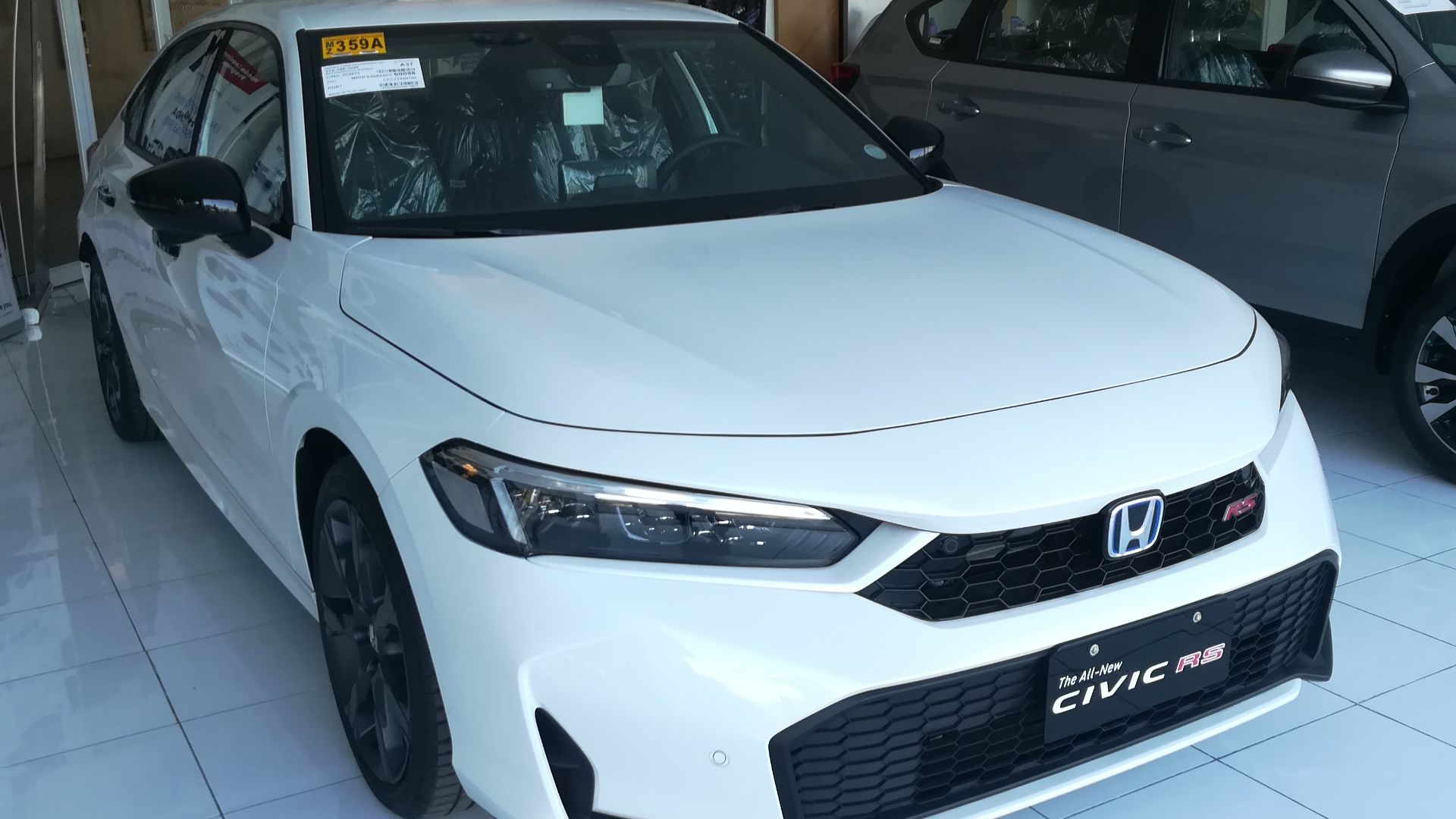 Captainmorlypogi1959 on Wikimedia
Captainmorlypogi1959 on Wikimedia
8. 2025 Toyota GR86
The 2025 Toyota GR86 is a low-cost sports car with a refined, entertaining drive. Steering and suspension tuning is updated for a more connected feel. Additionally, the flat-four engine is peppier with revised throttle mapping and rev-matching.
9. 2025 Subaru BRZ
The Subaru BRZ is a nimble, rear-wheel-drive sports car that truly shines on winding roads. The BRZ delivers a satisfying, engaging, driver-focused experience. Plus, taut steering and impressive fuel economy help the BRZ stand out from the pack.
10. 2025 Mazda CX-5
The Mazda CX-5 has a sharper, more upscale feel than one would expect from a compact SUV. It handles well, steers with precision, and has a suspension tuned just right to make cornering feel fun. The only downside is that the rear seat and cargo room are somewhat limited.




